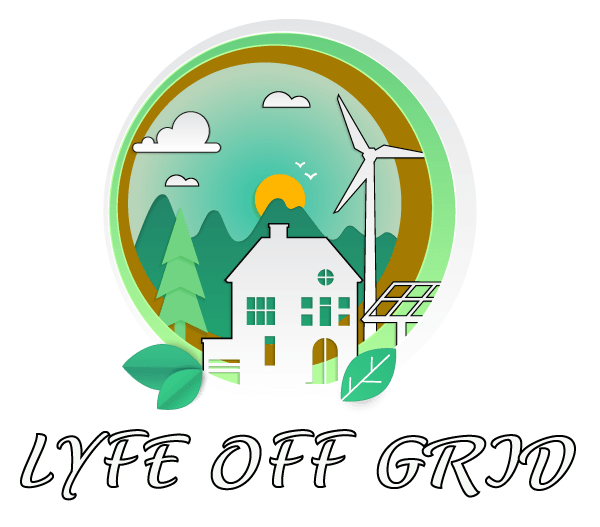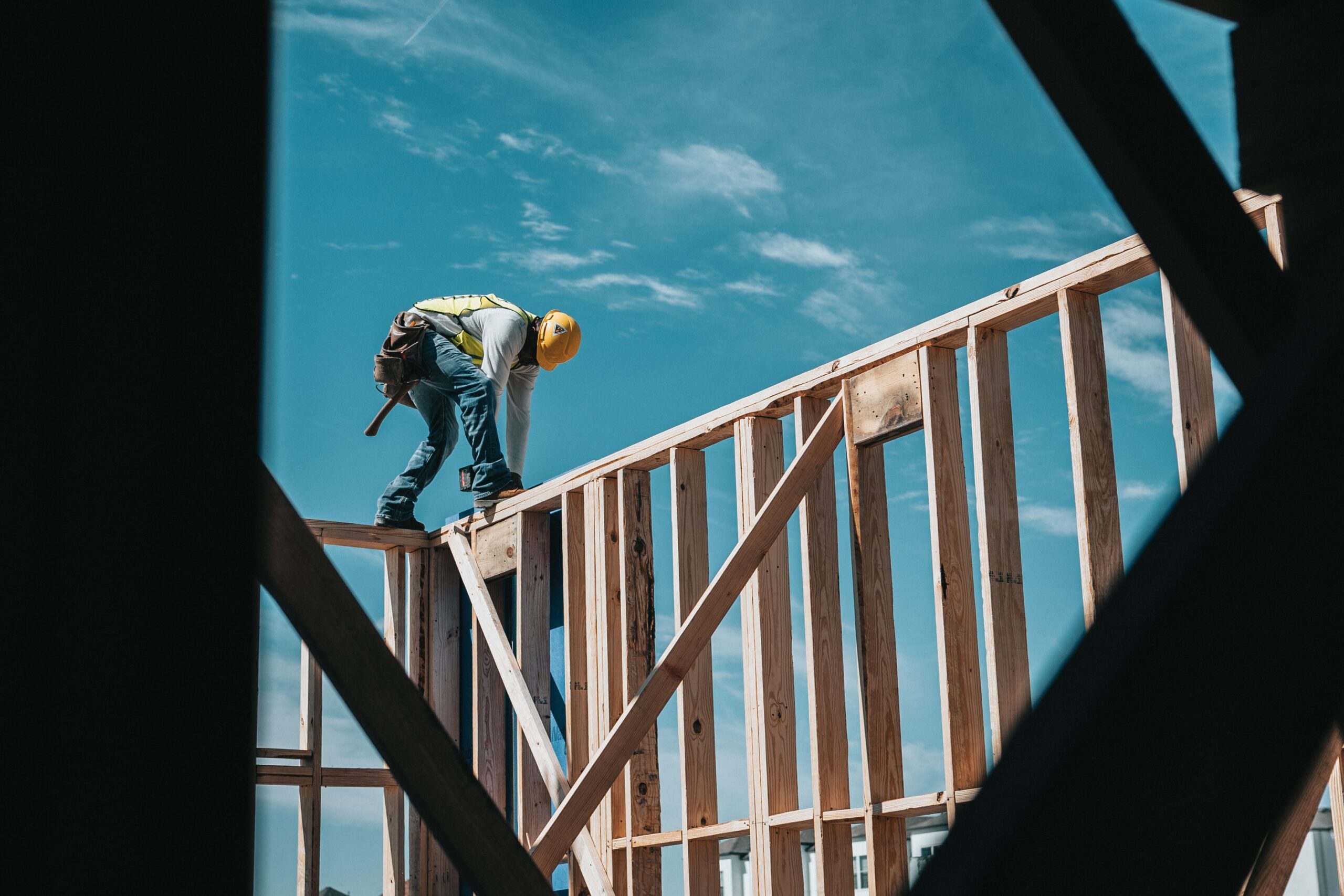Architects and building contractors are under pressure to do projects that are designed to be sustainable, environmentally friendly, and built with materials that do not harm the atmosphere. Sustainability should be economically, socially, and ecologically beneficial to all involved with the project.
Contractors must consider and keep in mind the various ways that can be used and implemented to improve the complete building processes. They should look for and find means to develop and create sustainable buildings.
Why Is Sustainable Contracting Important?
As the population of the world increases, there is a bigger demand for natural resources. This has become crucial to not only meet the current needs of construction but also preserve the needs for future generations to come.
Ethical contractors stress more upon the environmental performance of their undertaking. This trend has become a challenge for them to create a balance between their interests and the interests of the public, their employer, and their profession. Major contractors have environmental sustainability goals on the top of their lists and are taking concrete actions to meet the demands that arise from them.
How Can Contractors Be More Ethical And Sustainable?
This is not an easy task. Contractors have to deliberate upon issues of energy cost reductions and decrease in carbon emissions while also building greener and healthier projects. These projects must also be technologically advanced and should meet all the client requirements without causing harm to the environment.
So, what can the contractors do to become more ethical and sustainable? There are a few simple tips to help you on your journey of becoming an ethical and sustainable contractor.
Reducing overall energy consumption by using materials that reduce carbon emissions and can absorb carbon dioxide released in the environment. The operation of equipment and assets in a manner that is energy efficient will help the environment while also improving labor safety.
Ensuring that the supply chain for all materials and labor meets ethical standards. This means that contractors should incorporate social, human, and environmental ethics into their work.
These ethics include careful planning, making their process simple, and monitoring the risks involved. The ethical supply chain is an ongoing and all evolving process.
The Role Of Consumers And Clients
Clients and consumers have now become aware of the negative impacts of the construction industry on the environment. This resulted in demanding these to become more socially responsible towards society by ensuring to take measures for a consistently ethical supply chain.
Contractors’ use of advanced technology that is profitable is essential. Real-time analysis, IoT sensors, blockchains, and more can help detect risks, boost efficiency, and planning.
Technology can help in keeping track of resources to reduce waste throughout construction. They can make use of logistics to decrease mileage in the transport of goods and materials.
Engineers, architects, and contractors must take steps now to adopt practices that will significantly reduce the harmful effects of construction on the environment. Strong commitment and determination are required to meet and manage the complex challenges that they face throughout the different stages to reach entirely sustainable construction.






